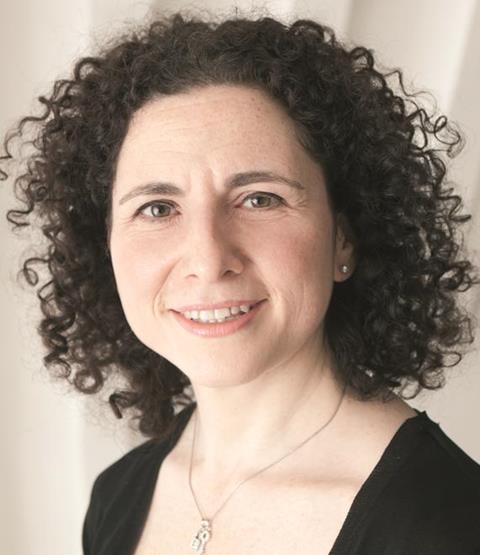
Last week I popped into the summer conference of the European String Teachers’ Association, at Dean Close School in Cheltenham.
It was a great chance to chat to string teachers about what they want from The Strad, and I got to see some of the work that ESTA does. I even had my violin out for some of the sessions.
Simon Cartledge gave some ‘Basics’ workshops, with tips for getting kids to be physically balanced – for example he gets them to play on a balancing wobble board and a trampoline. He also advised not trying to over-correct students. His analogy was of giving a child a bucket of mud and telling them they can throw it at anyone they like. You could analyse every aspect of the throwing action and tell them exactly what to do, and they’ll try really hard and get really anxious and might hit the target, or you can just let them throw mud at the target, and eventually they’ll get it right themselves. This rang very true for me - it’s taken me a long time to realise that it’s more important to have a sound in your head and to aim for that sound than to practising to get everything ‘right’.
Raphael Wallfisch gave a talk about playing Bach and discussed the advantages of using a Baroque bow, which he demonstrated later with a recital that included the Third Suite – it was lovely to hear him at such close proximity. The most priceless moment came in his masterclass the next day, when he asked a young child who had just performed some Vivaldi, ‘Do you practise slowly?’ The look of shocked disdain on the child’s face was a picture.
Staying on the subject of Bach, David Juritz gave a talk about his recent round-the-world busking trip to raise money for charity. He drew a surprising analogy between the street kids in Soweto and Bach himself: Bach’s parents died when he was nine or ten, was known to scavenge for food, and had a bad eye condition, and yet he managed to rise above his circumstances. Somehow it’s hard to think of Bach as disadvantaged, but it did make me want to find a good biography – I know nothing about the composer’s life story.
I even got a chance to play a Baroque bow, in an ensemble conducted by Baroque expert Judy Tarling. It’s a surprisingly lovely feeling, giving a real lightness and guiding the phrasing.
There was a great atmosphere at the event with the people there obviously passionate about the art of teaching, and lots of intense discussions happening at the lunch table that made me feel a real admiration for teachers, the unsung foot soldiers of classical music.
Are you a string teacher? What would you like to see in The Strad?

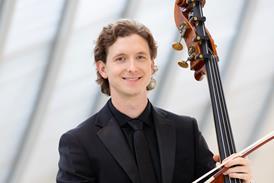
![[2] Echo Theory pc Lukas Breuer - Copy](https://dnan0fzjxntrj.cloudfront.net/Pictures/274x183/2/5/7/38257_2echotheorypclukasbreuercopy_270148.jpg)
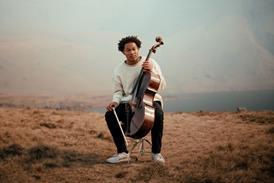
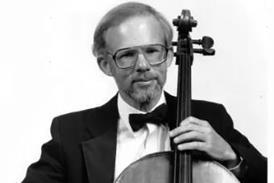
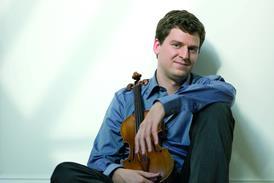
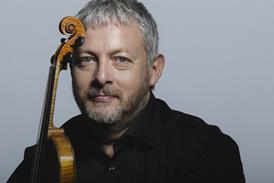
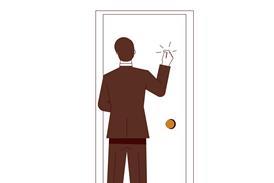

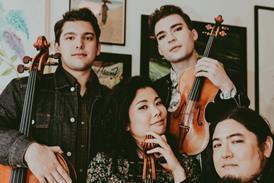


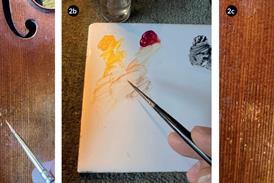
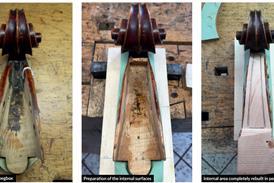
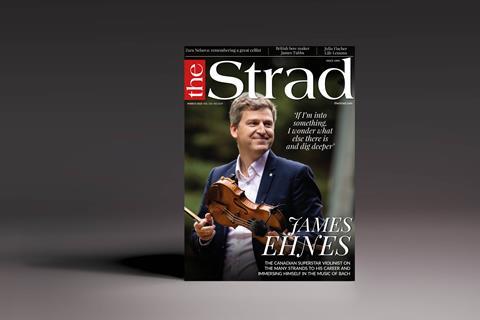




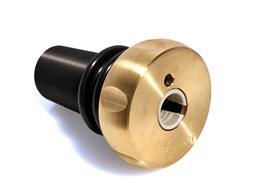
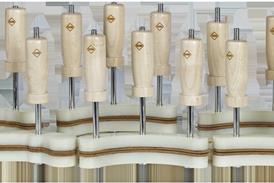
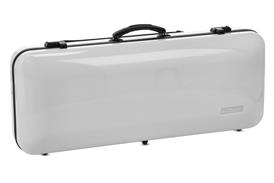









No comments yet